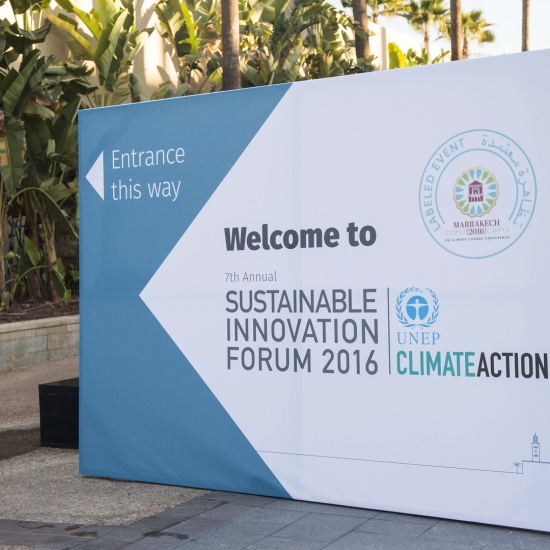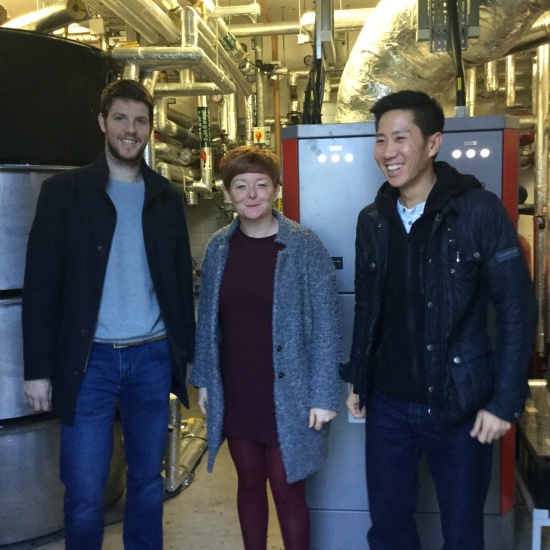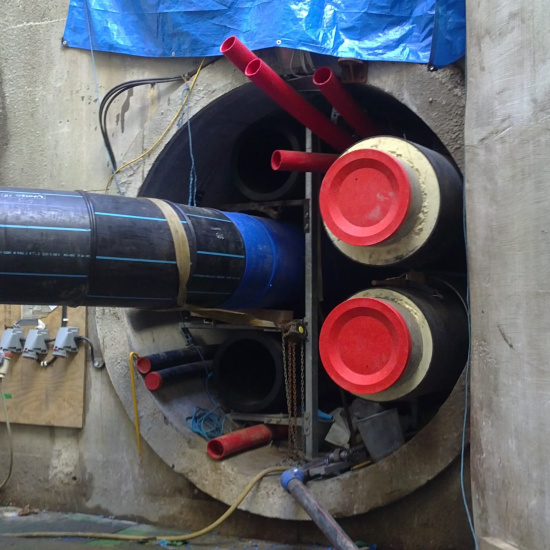"Stat Chat" - Ireland's 2023 Halftime Scorecard
How Ireland's supply and demand of electricity, gas, and oil in the first half of 2023 compares to the same period in previous years and what it can tell us about current energy and emission trends.
SEAI has just published a new type of short note that uses provisional monthly data collected from energy suppliers and network operators to make early in-year estimates on key areas of energy supply and emissions. This 'Half-Year Review of Ireland's Energy & Related Emissions' note accelerates the pace at which key data and insights on Ireland's energy and related CO2 emissions are published by SEAI. Timely and trusted data has never been more important - unless we know what's happening right now, we can't know what 'course corrections' to our policies and climate actions might be needed to keep us within our carbon budgets and our renewable energy share (RES) targets. Cumulative emissions are what matters to the climate - so early information that can drive earlier reductions are essential.
For example, monthly deliveries of petrol and diesel give us an early understanding of transport emissions. The combined emissions from petrol and diesel-use for road transport account for over 95% of all national transport sector emissions, making it an excellent proxy for calculating provisional results against the transport's sectoral emission ceiling (SEC) in the carbon budgets. The grey bar-chart below (taken from the new short note) shows the CO2 emissions from the petrol and diesel for road transport over the last 5 years, aggregated into 6-month blocks, with the H1 (January to June) data in dark grey, and the H2 (July to December) data in light grey.
This monthly data indicates that road transport emissions in H1-2023 were 2.4% higher than in the same period in 2022. If this trend continues into H2-2023, then transport emissions in 2023 will be higher than those in 2022. This is contrary to the significant downward trajectory needed to stay within the 2021-2025 SEC for transport of 54 MtCO2e.
Some other key insights from the half-year review note are:
- Ireland's electricity emissions in H1-2023 were 16.7% lower than in the same period in 2022
- In H1-2023, renewables accounted for 43.0% of electricity generated, an increase of 0.9 percentage points on the first half of the previous year
- Net imports accounted for 8.2% of Ireland's electricity demand in H1-2023
- Petrol deliveries in H1-2023 were 9.1% higher than in the same period in 2022
- H1-2023 deliveries of petrol and diesel have rebounded to 94.7% and 99.5% of their H1-2019 levels (the last H1-period not affected by COVID impacts), respectively
- Demand for residential gas and kerosene 'heating oil' in H1-2023 were both 26% lower than H1-2021 levels, i.e. the same period 2-years earlier
- Residential gas demand in H1-2023 was 15.8% lower than in the same period in 2022
- Ireland's indigenous gas supply (from the Corrib field) in H1-2023 was 15.4% lower than in the same period in 2022
- In H1-2023, 76.8% of Ireland's gas supply was imported
While provisional estimates based on monthly surveys will never be as definitive as the annual data published by SEAI in the national energy balance, or by the EPA in the national greenhouse gas emissions inventory, they are typically available just a few weeks after the fact. This makes provisional monthly data ideal for the early identification of shifts and trends that will later be more fully quantified and verified by definitive annual surveys. The synergy and complementarity of using both fast-but-provisional monthly data and slow-but-definitive annual data helps balance the simultaneous need for timeliness and authority in Ireland's energy statistics.
In future years, SEAI aims to deliver this half-year review note in early September of each year, synchronised to the release of the full energy balance. The co-publication of definitive annual data from the previous year, with the provisional monthly data from the first 6-months of the current year, will help ensure a more complete and current understanding of trends in Ireland's national energy system.
To read the full half-year review, please click here, and to learn more about SEAI's monthly updates on electricity, gas, and oil, please click here.




